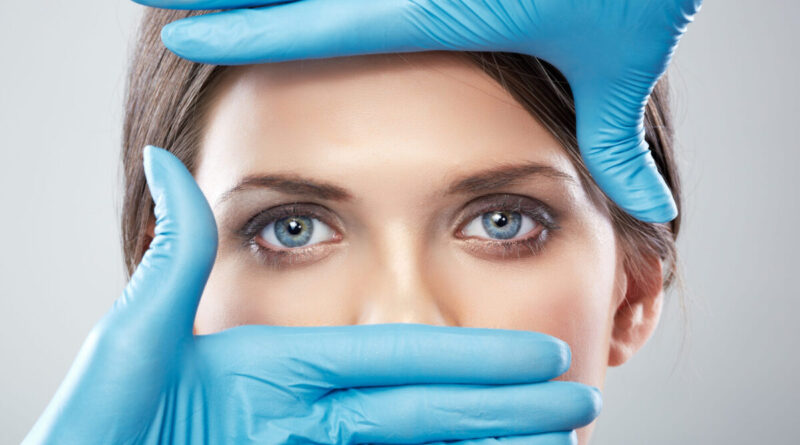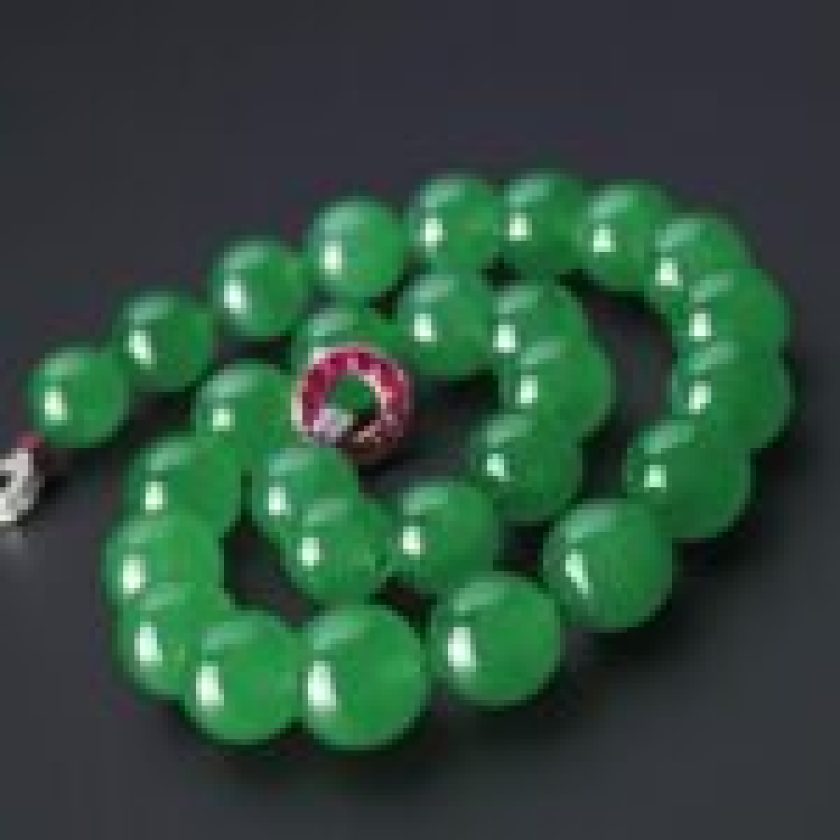The prospect of getting cosmetic surgery is both exciting and stressful. We all want to look younger, feel better, and gain more confidence with an improved appearance, but any surgical procedure is a major event, and preparing for this experience should be taken seriously.
Whether it’s a rhinoplasty, a liposuction procedure, or a facelift, taking steps to prepare for your consultation and procedure will ensure success in the process and less healing time. Follow these simple steps for smooth sailing before, during, and after your surgery:
1. Schedule your procedure when you are in good health
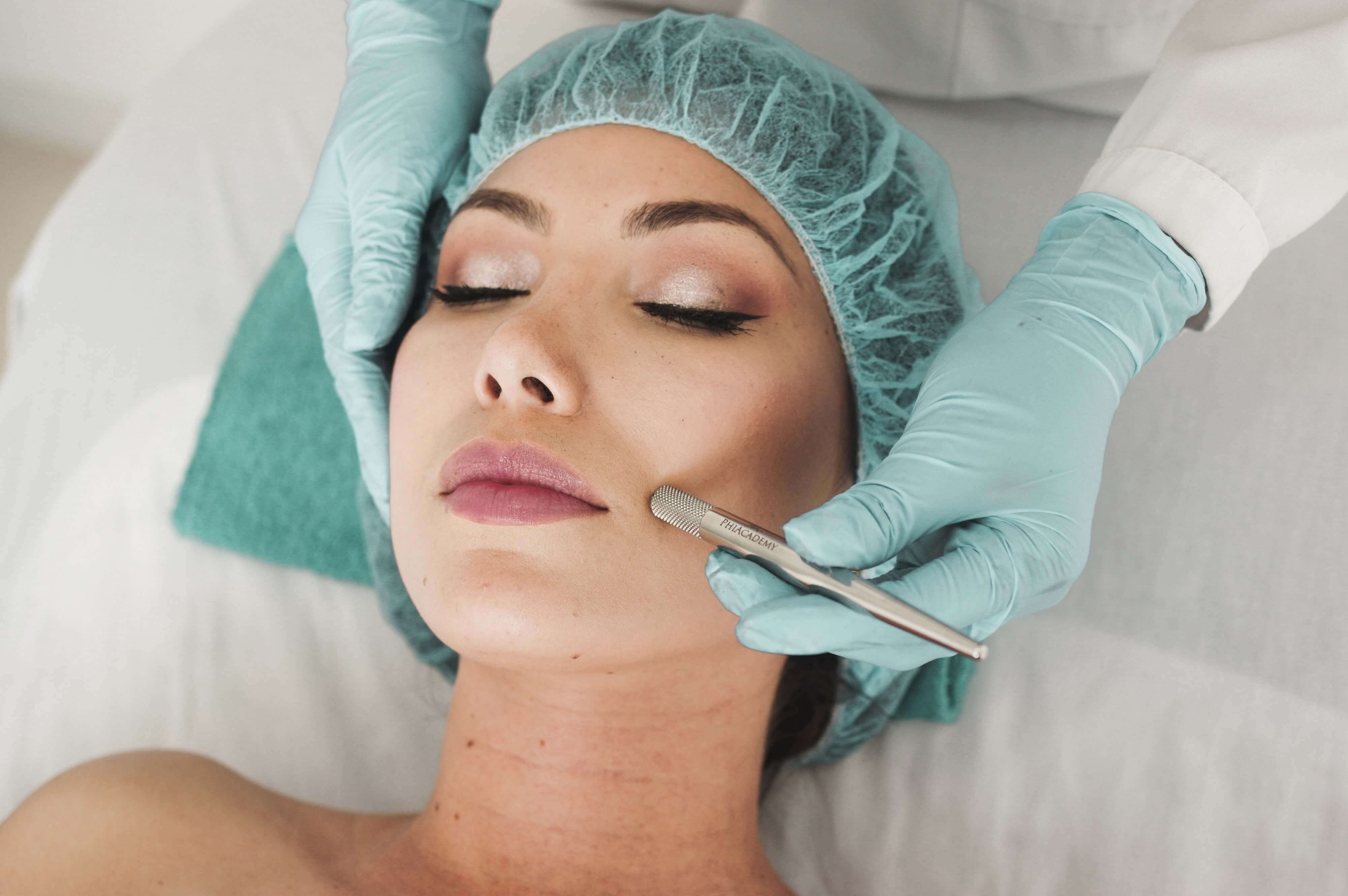
source: miro.medium.com
Do what you can to schedule your surgery when you are in a state of good health; you should be free from colds, infections, and other issues that could compromise your immune system and interfere with healing time. Another consideration for scheduling is making sure you have enough time to recover; try to coordinate surgery and healing time when you can afford to take time off from work and other stressful obligations to ensure more effective healing.
2. Amp up your consumption of vitamins, minerals, and essential nutrients
Your body functions better when you are getting adequate amounts of essential vitamins, minerals, and nutrients. Powerhouse vitamins essential for healing include vitamin A, C, zinc, copper, and selenium. Increase your intake of these vitamins and minerals—under doc’s direction of course—and look forward to increased health and vitality as you heal.
3. Increase your protein intake
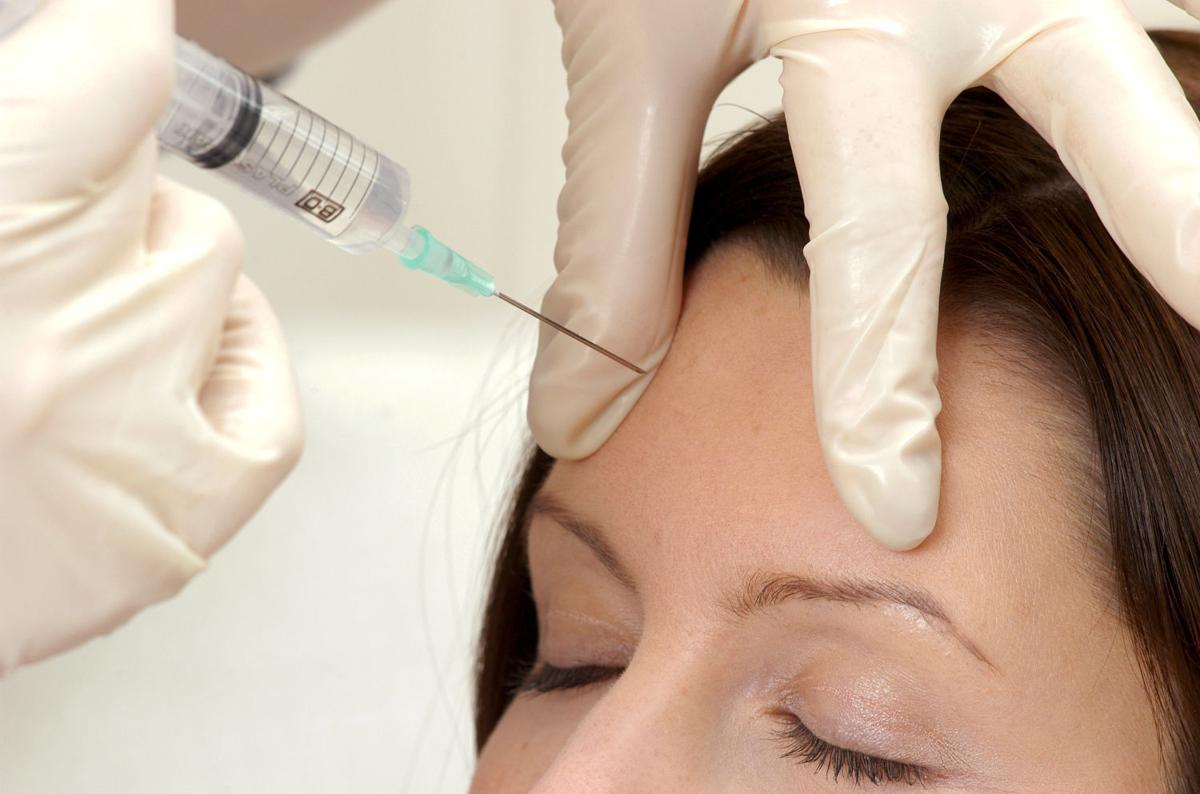
source: thepantagraph.com
Adequate protein is one of the most critical things needed after any surgery. Extra protein helps to fortify the blood, facilitate healing of bones, muscles, and other tissues, and increase the manufacturing of cells which help to repair wounds. Excellent sources of lean protein include chicken, fish, egg whites, brown rice, and nut butters; adding these to your daily diet will help to prepare your body for what is to come.
4. Stop taking certain supplements prior to surgery
Certain herbs and nutritional supplements may cause adverse reactions with other medications your doctor asks you to take before and after surgery. As soon as possible, stop taking items like fish oil, vitamin E, ginger, garlic, ibuprofen, and acetaminophen so that your body can establish the needed equilibrium to go into a successful surgery.
5. Consider adding bromelain to your diet
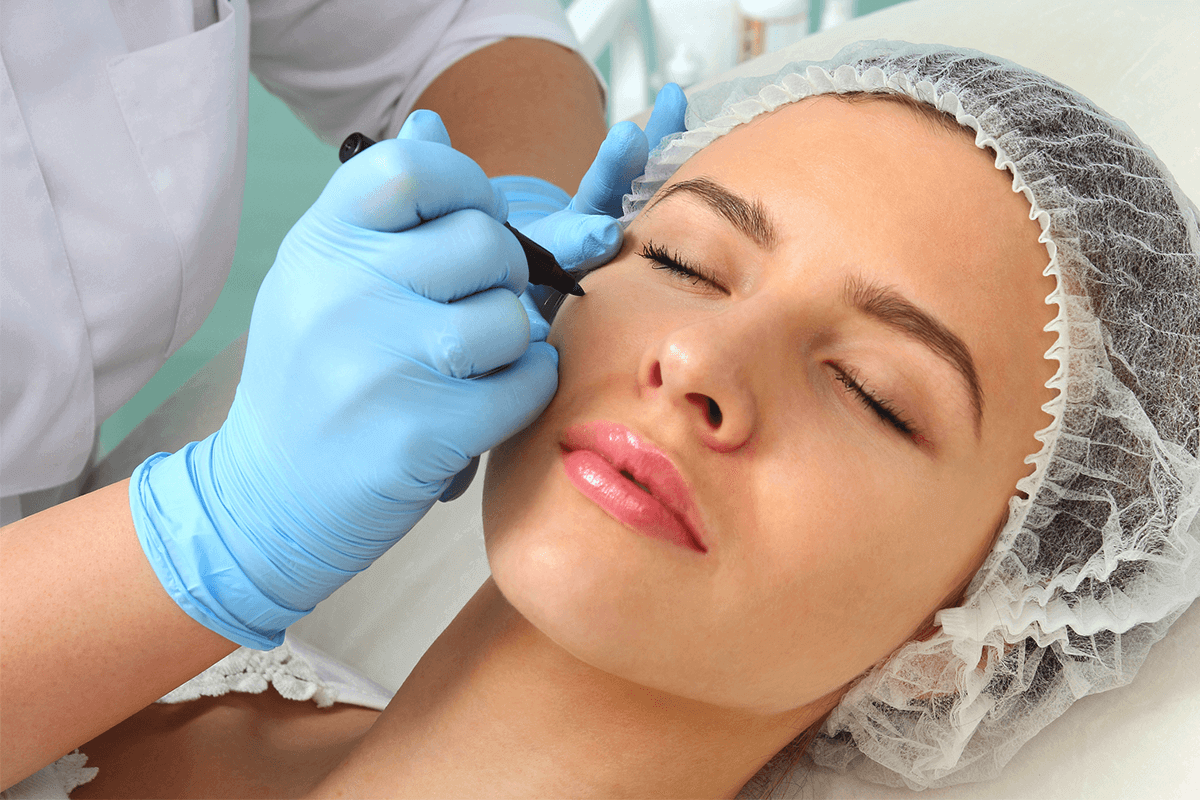
source: rejuvage.com
Bromelain is an essential enzyme that is used for reducing inflammation, pain and swelling. It is most commonly found in pineapple, and it can be an invaluable resource if implemented into your diet during the healing process. Add a supplement, pineapple juice or pineapple chunks to improve cellular renewal process and reduce healing time.
6. Focus on hydration
The human body is composed of between 70 and 80 percent water; as such, it will be critical for you to stay properly hydrated going into surgery. Water can effectively improve circulation, reduce toxic overload, and help facilitate the healing process. With such an easy thing to do, it is essential that you focus on drinking half your bodyweight in ounces daily for optimal results.
7. Take a good probiotic with antibiotics
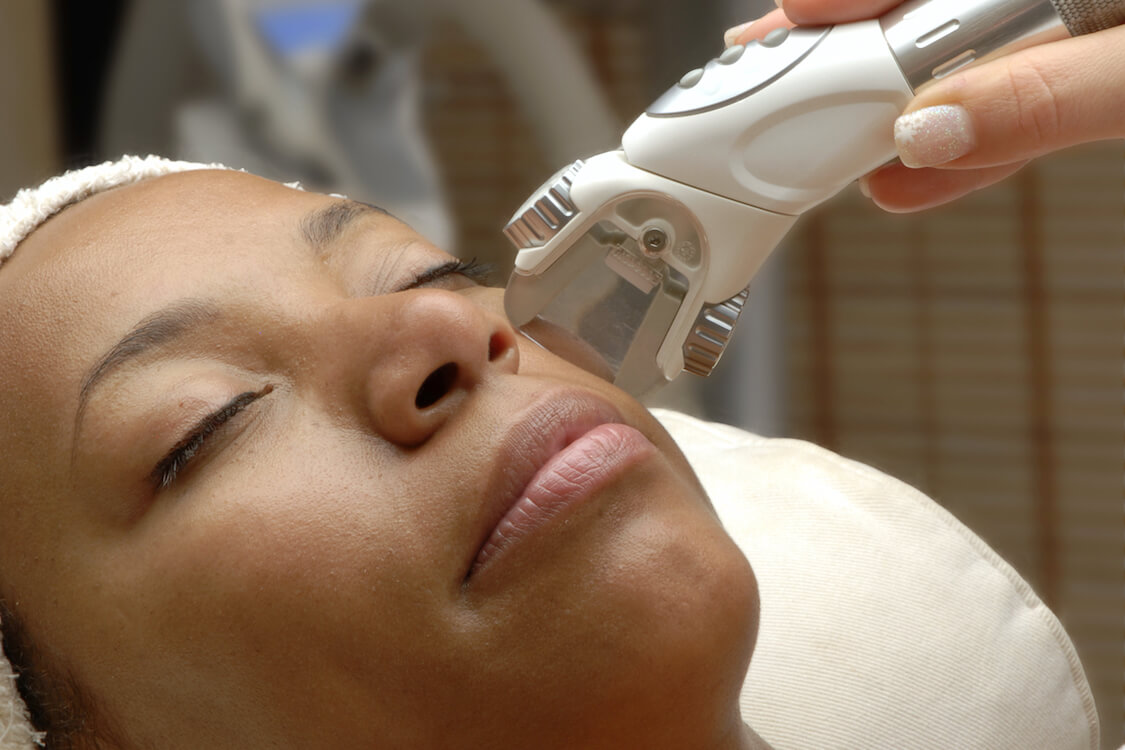
source: dermletter.com
Antibiotics are a standard course of treatment before and after surgery; they reduce the likelihood of infection and they help to speed up recovery time. Probiotics are another essential piece of the recovery process; maintaining digestive health with a proper probiotic will keep medications and other materials moving through your system efficiently, helping you to reduce issues like constipation, excess toxicity, and other unpleasant conditions experienced after surgery.
8. Stay away from aspirin and other blood thinners
As you go into any surgery, blood thinners such as prescription medications, aspirin and ibuprofen are extremely dangerous to take, as they interfere with clotting processes needed after surgery. At least three weeks prior to your surgery date, discontinue use of all blood-thinning medications to help the body build its own natural coagulation processes back up. If you are on prescription blood thinners, talk to your doctor about options prior to surgery so you don’t place yourself at risk for additional clotting.
9. Schedule a consultation

source: etiquetteschoolofamerica.com
Follow your surgeon’s directions with regard to scheduling a consultation prior to surgery. During your consultation, your doctor will likely administer a thorough physical examination, answer any questions you have about your procedure, and give you valuable advice as your scheduled date approaches. Make a list of questions that you have prior to your appointment, and provide information about medications and supplements that you are currently taking, as these may interfere with the surgical or healing processes. The more candid the two of you can be in your discussion, the more likely it is that you will find a care plan that works for you.
Eat well, reduce stress, get some sleep!
Sure, you’ll be off your feet in the days and weeks after your procedure, but it is important for you to follow a self care protocol prior to surgery to make sure you are in the best shape possible. Eat good food, reduce your stress, and get adequate sleep to get yourself ready to undergo your procedure; in no time, you’ll be revealing a new and improved you and an easier recovery process, thanks to the valuable advice that you implemented on your journey.

